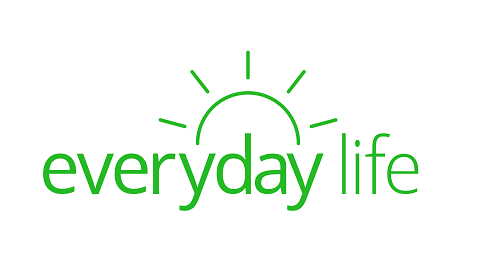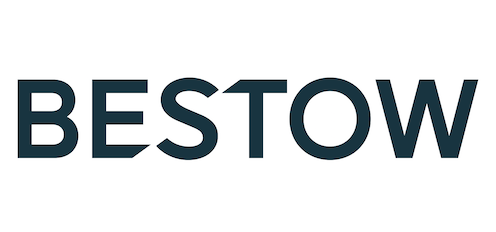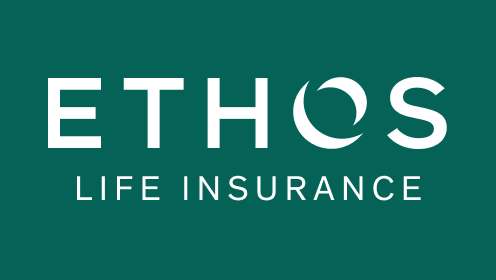Several mutual insurers have become publicly traded companies due to lukewarm investment returns and limited opportunities to acquire competitors. When this happens, ownership of the company switches from policyholders to stockholders in a process called demutualization.
While demutualization can help life insurance companies raise needed capital and become more competitive, is it beneficial for the policyholders? Here’s what you need to know about demutualization.
What is demutualization?
Demutualization is when a mutual insurance company becomes a publicly traded company that shares joint stocks. During this process, insurance companies must change their entire financial structures.
Once a mutual company is converted to a public company, or demutualized, ownership shifts from policyholders to stockholders. Sometimes, because of demutualization, policyholders receive shares of the company and become stockholders as well.
Some examples of mutual companies are credit unions, insurance companies and savings banks. These companies raise funds for their members, or policyholders, that then help provide services for the individuals that belong to that company. When a company becomes demutualized, they have gone public.
Why do companies demutualize?
Insurance carriers demutualize to improve their financial health. Changing to a publicly held company gives insurers access to capital and also allows companies to participate more aggressively in mergers and acquisitions. Theoretically, the money gained from an initial public offering (IPO) results in a stronger and more competitive company.
The demutualization process can take anywhere from 18 to 24 months. To demutualize, insurance companies draft a proposal that must be approved by the company’s board of directors. After that, the proposal must be submitted to the state insurance department.
Usually, the company will hold information meetings in the state where its home office is and policyholders are then notified about their eligibility to vote on the proposal. If you are eligible, you can generally opt for cash, a policy enhancement, or stock. The state insurance department reviews the plan after the final policyholder vote.
While the National Association of Mutual Insurance Companies (NAMIC) insists there will always be a place for mutual companies in the insurance market, the association admits in some cases policyholders are better off when their mutual companies convert to stock ownership.
Advantages and disadvantages of demutualization
The main advantage of demutualization is that as shareholders, policyholders receive compensation. This can be in cash, shares or additional benefits — or all three.
However, there are some disadvantages. Policyholders no longer receive the profits of the company and the free reserves now go to the shareholders. With that, they may lose the value of their savings and receive a lower return on the cash value.
Additionally, policyholders are at the mercy of the mutual board. That means the board dictates how much of the profits should be paid to the policyholders and how much should be kept in reserve. Therefore, the potential of your savings highly as a member depends on how your mutual company distributes its profits to its members.
How much money will I get from demutualization?
As a policyholder with a mutual insurance company policyholder, your premiums contribute to the company’s profit. Your return on that profit (your equity) comes to you as a dividend. You get a dividend after the company pays for figures out how much money is left after claims and administration are paid.
Once you get the dividend after demutualization, you decide what happens to it, but you generally have five choices:
- Get the dividend in cash.
- Apply it to your premium.
- Buy extended-term insurance.
- Buy paid-up additions to your insurance policy.
- Let the dividends accumulate with interest.
Demutualization has its advantages and disadvantages for policyholders. However, if eligible, policyholders will receive financial benefits from the process.
There is no one answer as to how much money you will get from demutualization, as every process will be unique for the insurer and your policy. If your insurance company is going through demutualization, work with them to understand how it affects your policy and potential financial benefits.











